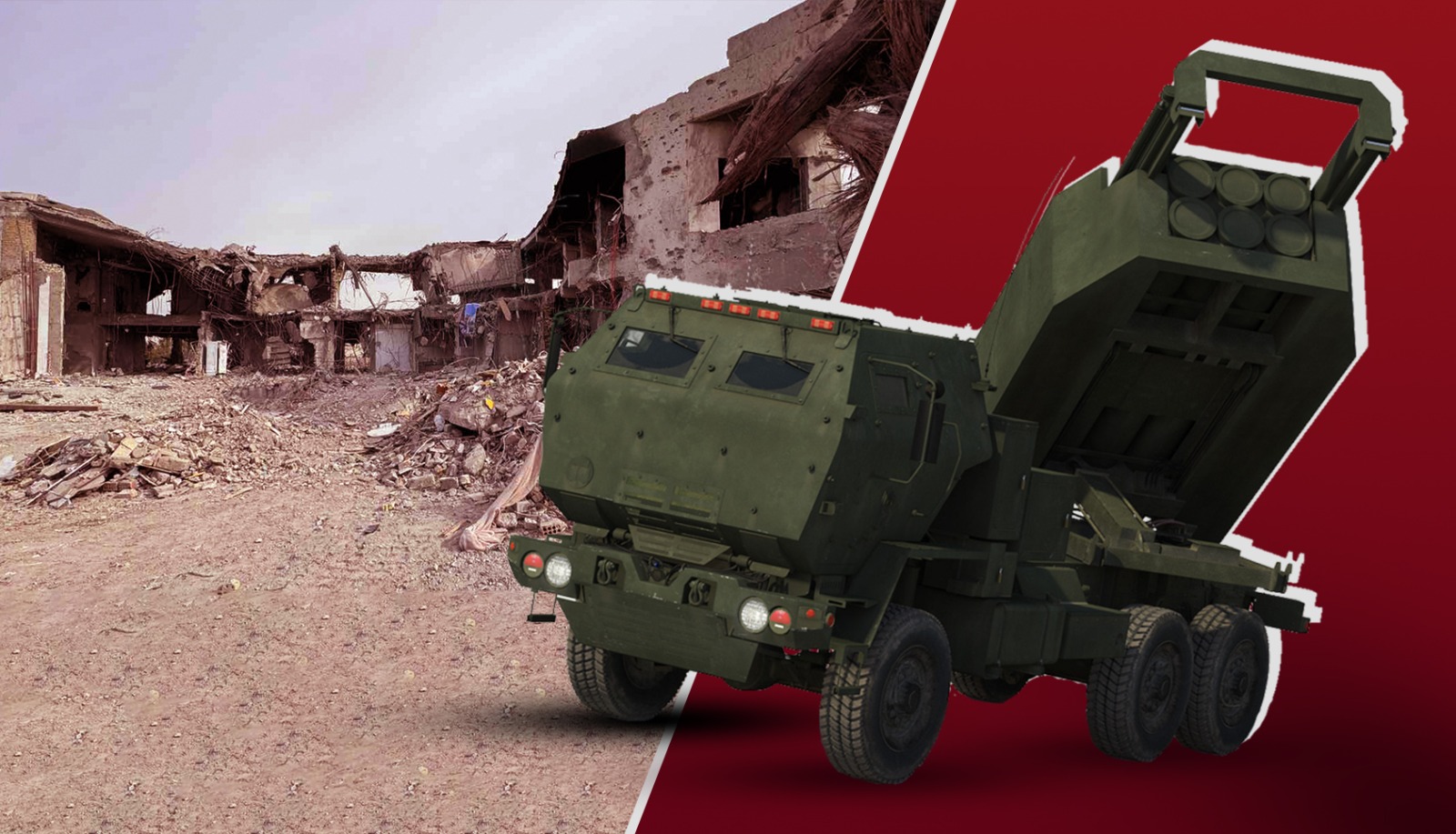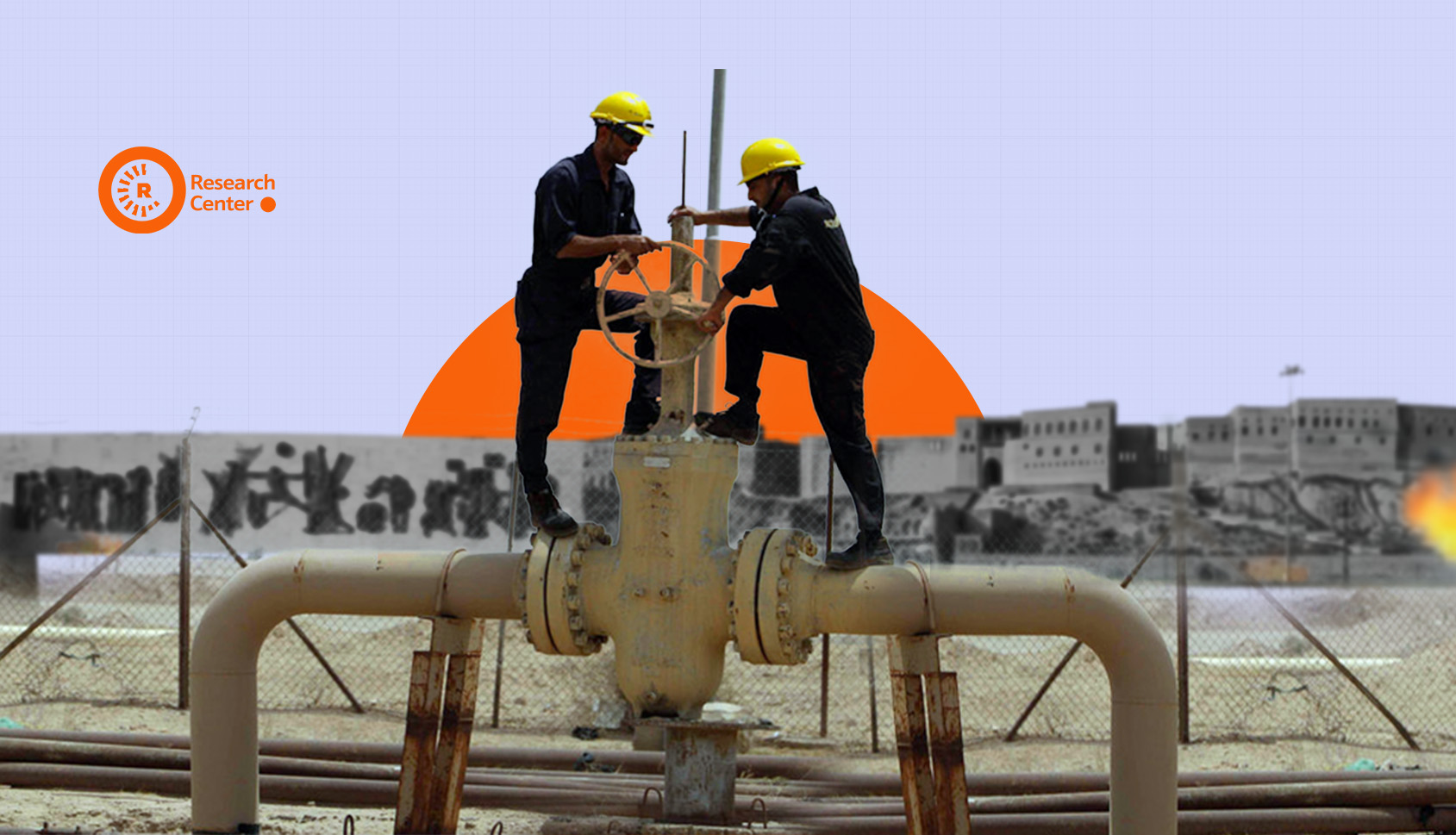Ongoing responses to the Erbil attack, particularly from the United States, the International Coalition, Turkey, and Iraq, hold particular significance within the broader regional and Iraqi context. Key questions which are meant to be answered include:
1. Why did the US and coalition missile defense systems prioritize self-protection during the Iranian ballistic missile attack, refraining from intercepting missiles hitting a civilian's house just a few kilometers away?
2. What prompted Turkey's silence regarding the Iranian attack?
3. What actions is Iraq taking, and how the attack will influence the Sudani’s government?
First: International Coalition and Biden Administration's Stance
Certainly, a focal point of contention centers around the present stance of the US administration. Initially asserting no American casualties or harm to facilities, subsequent responses characterized the incident as a "reckless attack," and the United States now pledges ongoing support for both the Iraqi and Kurdistan governments in fulfilling the people's demands.
What was different, US Secretary of State Anthony Blinken said during his meeting with the Kurdistan Regional Government (KRG) prime minister in Davos, was that he would work with Iraq and others to hold Iran accountable for the instability it creates.
The US stance was more restrained than that of the Iraqi government, which labeled the attack as a "hostile act." As well as the attack drew strong condemnation from both Britain and France. Here, the puzzling aspect is why the US air defense system is employed solely to safeguard Americans from ballistic missile threats, yet not extended to protect civilians just six kilometers away. While the Patriot missile defense system has the capability to respond at a range exceeding 100 km.
In 2020, following the Iranian ballistic missile strike on Ain al-Assad military base, the United States deployed three Patriot, C-Ram, and Avenger missile defense systems at Ain al-Assad and Erbil airport. However, why weren't they utilized to safeguard civilians during the Iranian attack? When the US brought the air defense system to Erbil, were there any commitments made to limit its use exclusively for self-protection, neglecting the defense of the Kurdistan Region?
It's worth noting that when the Armed Services Committee supported a proposal by Republican Congressman Dan Bacon to amend the 2024 defense budget, which called for the system to be given to the Kurdistan Region in the middle of last year, Iran sought an explanation from Iraq.
In March 2022, following the Iranian ballistic missile attack on Sheikh Baz's house, US National Security Advisor Jake Sullivan stated that consultations were underway with the Iraqi and Kurdistan governments to provide missile defense systems for city protection. Despite nearly two years passing, another Iranian attack occurred, and a date has not been determined yet for receiving the system, the delay in delivering missile defense systems remains unclear, leaving uncertainty about whether it stems from Biden's policies toward Iran or Iraq's preferences.
While Congress has endorsed the system, potential political scrutiny from the Biden administration remains a concern. The process of training the Peshmerga and Iraqi army on installation and operation is anticipated to extend for at least the next six months, Given the regional situation and Iran's policies, this is a long time.
Indeed, the policy of refraining from responding to the attacks on non-Americans in the Kurdistan Region contrasts with the US humanitarian intervention in the 1990s and the significant role played against ISIS, especially crucial for the Kurds. The current administration's stance prompts the question of whether there is a shift in that policy.
Indeed, with the surge in drone strikes, it's unrealistic to anticipate the United States countering every attack. However, the response to strategic ballistic missile attacks, which pose a higher level of military threat is different.
Second: Turkey’s Stance
Notably, one of the most intriguing responses to the Erbil attack came from Turkey, which, two days later, issued a brief statement calling on Iraq, Pakistan, and Iran to engage in dialogue for issue resolution. Some media figures close to Iran's conservatives suggested that the attack on Erbil, along with bases of the Syrian Liberation Front and the East Turkestan Party in Idlib, conveyed a message to Turkey. While it may be an exaggeration, Turkey's silence on the Erbil attack, especially in the province where Ankara wields significant economic and political influence in Iraq today, raises questions. In April 2023, Turkish Foreign Minister Hakan Fidan visited Erbil, emphasizing a solid connection with the city.
It appears that Turkey is reluctant to adopt a stance contrary to Iran, possibly due to the ongoing Gaza war. The Turkish president has even expressed support for the Houthi policy against US and British attacks in the Red Sea. While Iran justified the Erbil attack by citing the presence of the Mossad headquarters, which Turkey now finds problematic, one could argue that the initial silence was based on understanding the incident's intricacies. However, even after it became evident that a civilian house with women and children had been targeted, there was no shift in position. A significant factor lies in Turkey's current challenges with Greece's armament, while the United States has not yet given it F-16s or has not yet been able to convince Germany to give it Eurofighters. It perceives this as a potential disruption to the balance of power with Greece, which may be influencing his reluctance to strain relations with Iran, despite existing issues with Israel. Additionally, another factor could be Turkey's ongoing military operations against the PKK.
In 2020, Iran's then-ambassador to Iraq, Iraj Masjedi, expressed concern over the Turkish operation in Mount Gara. In 2021, numerous Iraqi Shiite groups opposed the Turkish military base and its operations. However, since the establishment of the Sudani’s government, both protests and the frequency of attacks by armed groups on the Zilkan military base have diminished. Since 2022, Turkey has intensified its operations against mid-level PKK cadres in Sulaymaniyah province. Simultaneously, Iran has conducted its third ballistic missile strike on the Erbil border. Turkey may hesitate to respond to Iran's Erbil attack, considering potential Iranian objections to Turkey's actions in the Kurdistan Region. Future Turkish efforts are anticipated to concentrate on a stretch of over 50 kilometers between Mount Matina and Mount Shirin, covering provinces Erbil and Duhok, including crucial valleys like Zab and the Balinda.
Third: Iraq’s Stance
While official Iraqi discourse against the Iranian attack is showing signs of softening, the initial use of phrases like "hostile act," coupled with rejecting Iran's official claim that the targeted house was a Mossad headquarters, triggered significant distress and public outcry. Following the missile attacks on Erbil and more recently Ain al-Assad, pro-Iranian groups initiated a wave of criticism and accusations against security and political officials, including Fuad Hussein, Qasim al-Araji, and Yehia Rasool. The government responded by prohibiting advisors from commenting on security issues, underscoring the impact of these reactions on the public. Although Iraq's responses might not have significant legal, political, or economic repercussions against Iran, it marks the second substantial blow to Iran's image in Iraq since the October demonstrations.
Contrary to some perspectives, the Erbil attack has diminished the likelihood of Sudani's removal. Removing the prime minister at this juncture could escalate tensions, not only within the Coordination Framework but also among the constituent parties of the government. This is particularly crucial as issues persist between Erbil and Baghdad, and the dispute between Halbousi and Maliki over the post of the Speaker of Parliament continues to linger.
Following Maliki and Abadi, Sudan stands out as one of the few officials within the Coordination Framework that the United States and the international community may find amenable. This is crucial for the Coordination Framework, particularly during moments when the government advocates for U.S. withdrawal. Nonetheless, other officials, such as the foreign minister or Yehia Rasool, might face greater pressure. Additionally, efforts are being made to alleviate protests in the Kurdistan Region through various means, including withholding the budget.
Conclusion
The Kurdistan Region has openly offered its cooperation with Baghdad in investigating any location within Iraq suspected of hosting a Mossad headquarters. This stance refutes ongoing propaganda. If Tehran maintains that the attack was in response to Mossad presence, it underscores another intelligence failure for Iran, evident in recent assassinations of army commanders, internal bombings, and misinformation concerning Erbil. The narrative suggesting Iran's intent was to showcase its missile capabilities appears more aligned with propaganda. Considering Iran's acknowledged possession of advanced missiles capable of reaching Israel, the motive behind demonstrating this strength in a location like Erbil remains questionable. Asserting strength through violence holds no merit in international relations, Eastern social dynamics, or sacred religious principles, especially when directed at those not equal in strength and not in war against you.
Iran's attacks, extending beyond Kurdistan to Pakistan, failed to yield the intended impact sought by Tehran officials. Pakistan swiftly responded, mirroring Iran's justifications during its attack. Clearly, Iraq and the Kurdistan Region cannot be equated with Pakistan, possessing nuclear capabilities and a substantial military force. The Erbil attack sparked divisions in Iraqi public opinion and institutional responses, but the reactions from Iran were unforeseen. Particularly intriguing for the Kurdistan Region was the response from its allies, which could have taken a different trajectory. That necessitates a robust and multifaceted attitude.






